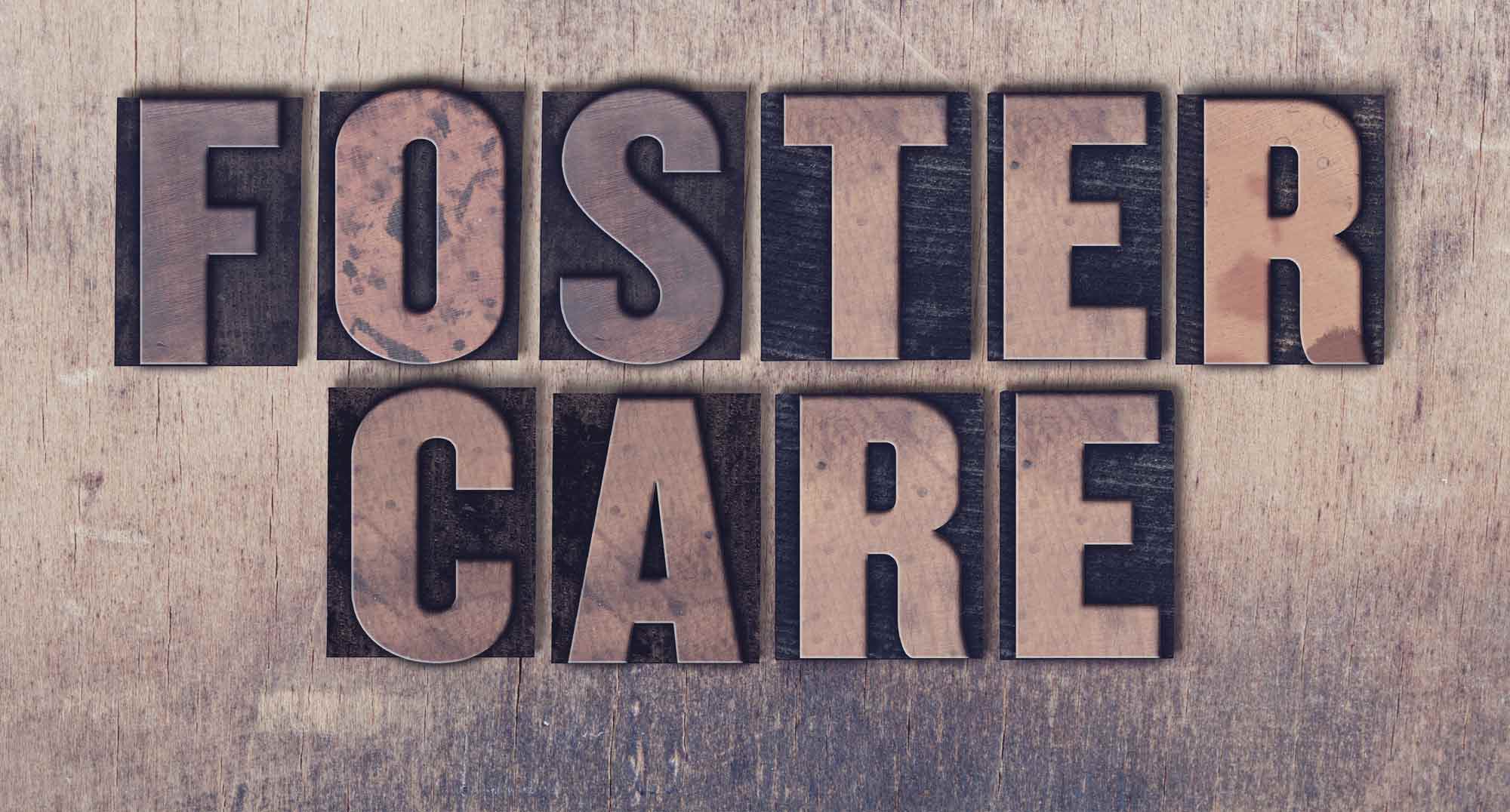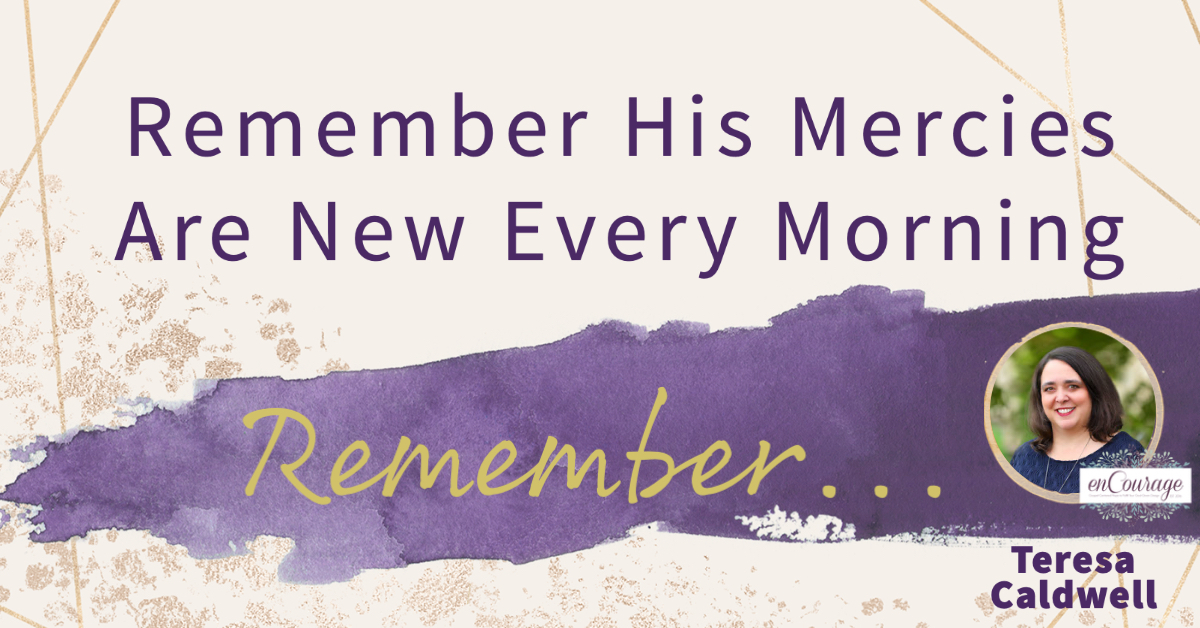Why Me? A New Perspective
On my way to a singles’ potluck dinner, I was reveling in the new car smell of my much loved two-week-old car. Suddenly, out of my peripheral vision, I saw a car lose control and barrel down the cross street I was passing, so I sped up to avoid being hit. After all, I had already been in three accidents—none my fault—in the last two years and finally had gotten rid of the car that seemed to be an accident magnet. “Not this car!” I thought as the car behind me was hit and then propelled into mine. Why me?!! Story break: How often do I ask that? Most of the time the circumstances are not as dramatic as a car wreck. The babysitter cancels. The gas tank is low. Traffic is backed up. The printer jams. Stop for a minute and think with me of the last time “Why me?” crossed your lips, or at least, your mind. One of my last tirades was as a just-purchased iced tea turned over onto the floor of my car. Really? That made me ask, . . . Why me?!! It was all I could think as I watched my new car be towed away like its predecessor, the last time just five months before. God, why me, again? Once the family friends who had (providentially) witnessed the wreck took me home, and I called my family and singles group to tell them what had happened, then I plopped on my bed and begrudgingly grabbed my Bible to look for some sort of understanding and comfort. I thought the Book of Job would be a good place to start, since I felt I had a lot in common with the patriarch. My Bible fell open and (for real!) my gaze fell upon Job 23:10: “But He knows the way I take; When He has tried me, I shall come forth as gold” (NASB). Though the thought of being tried by God was not in itself comforting, the words surrounding it were. “He knows.” God knew what happened. He was there. He hadn’t abandoned me to fate. And “I shall come forth as gold”! It was part of His plan for me, and so were and have been and will be those other times I cry, “Why me?” It often hurts, but He’s polishing me to be His treasure...










